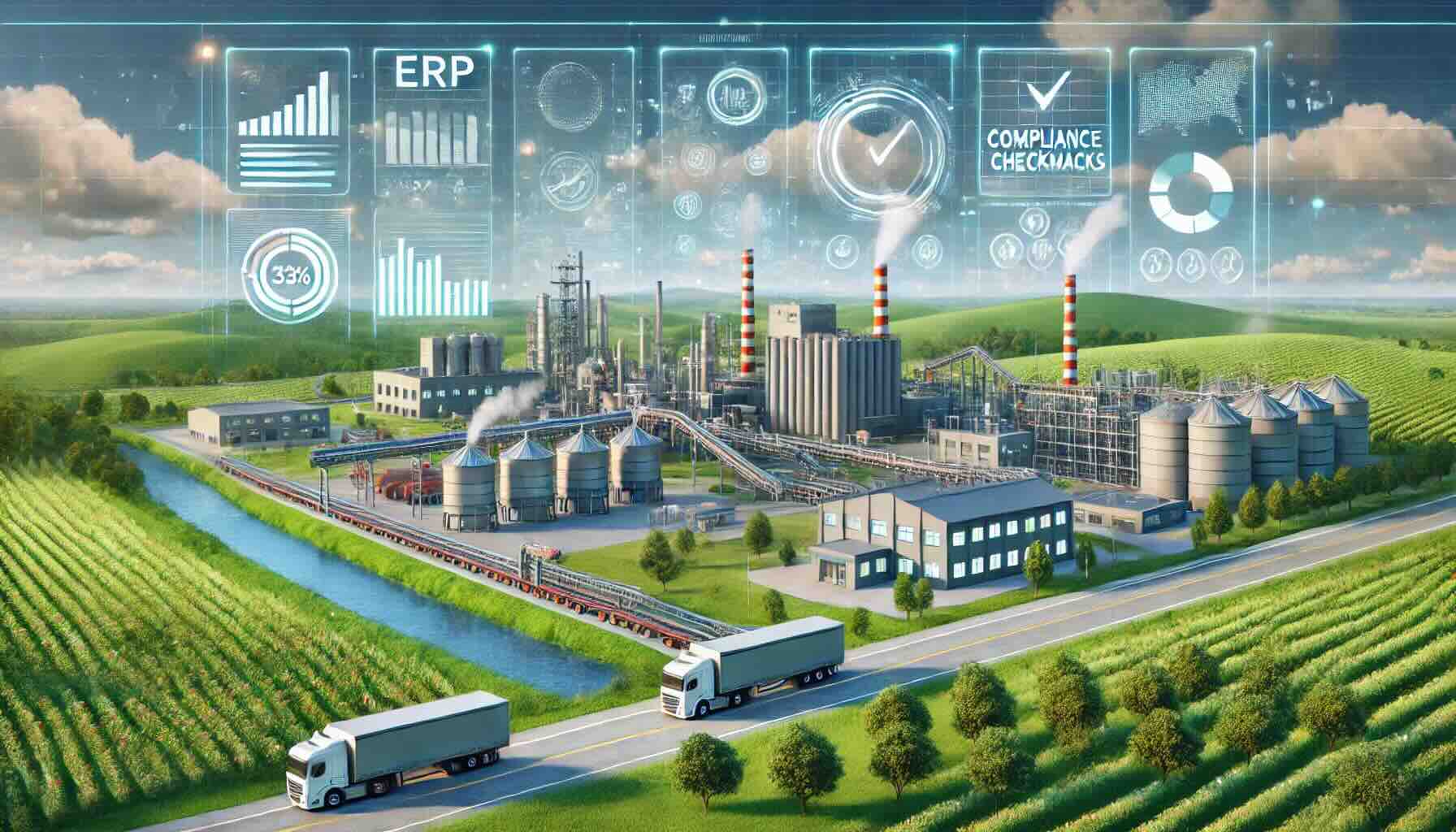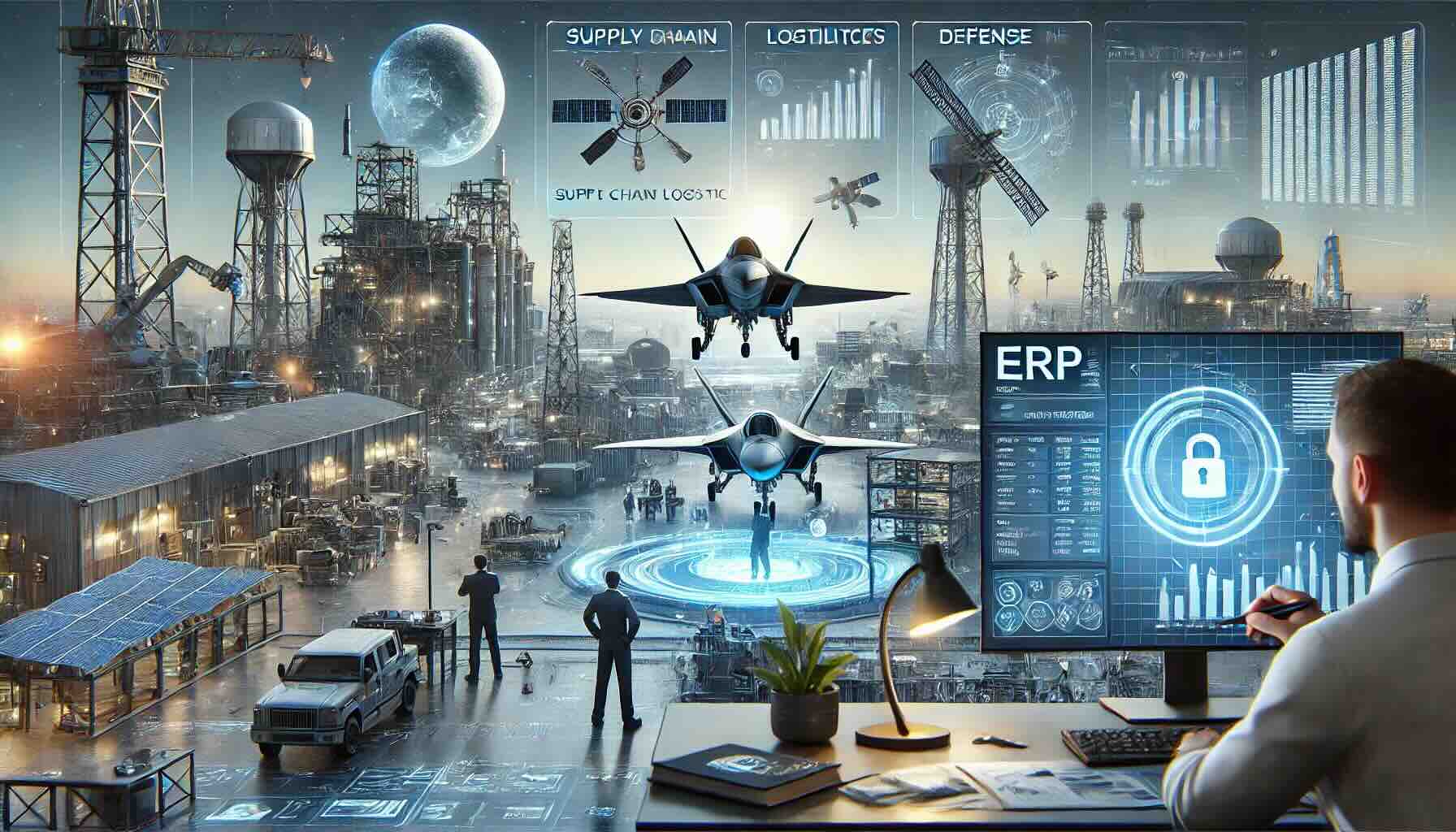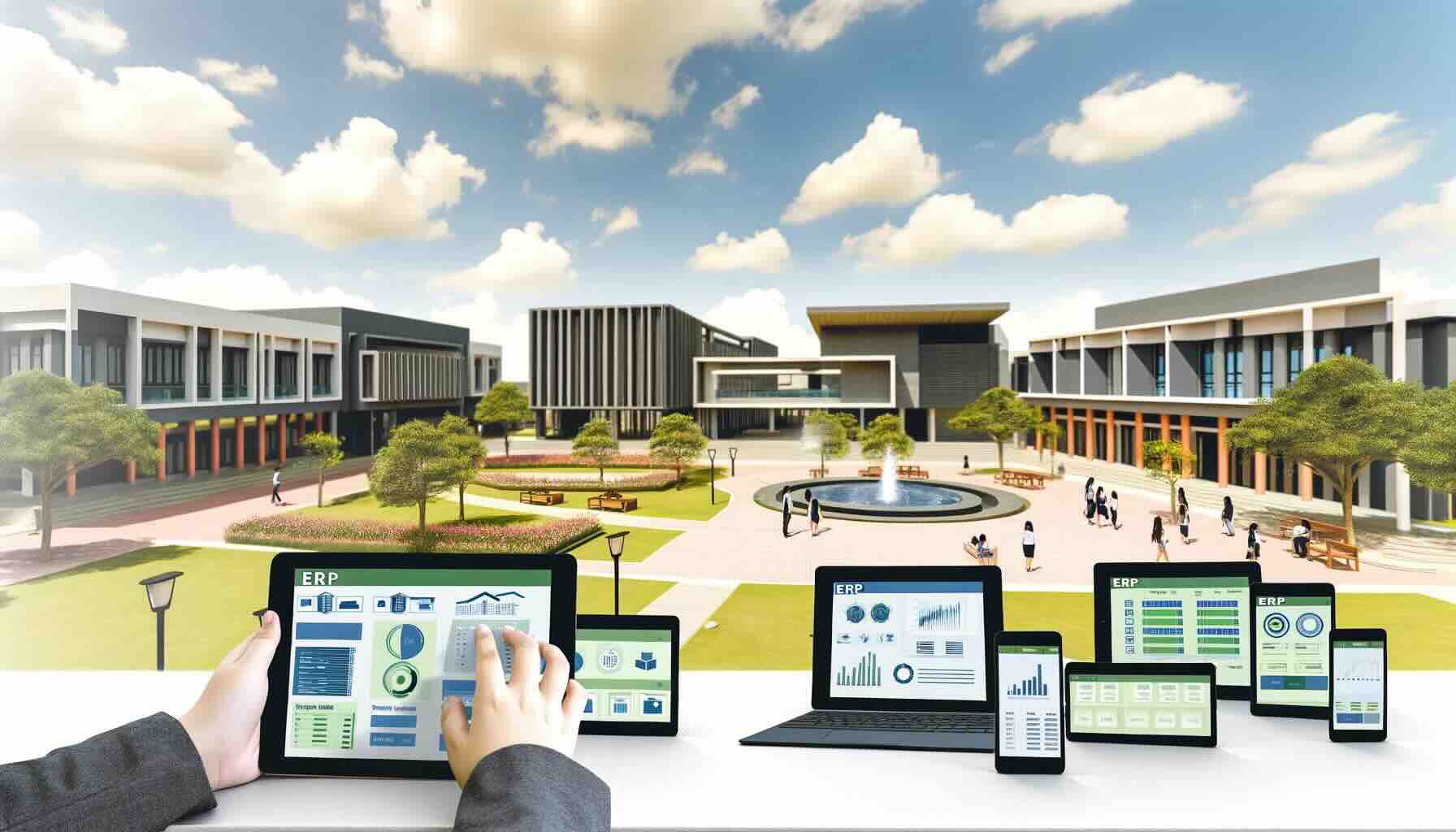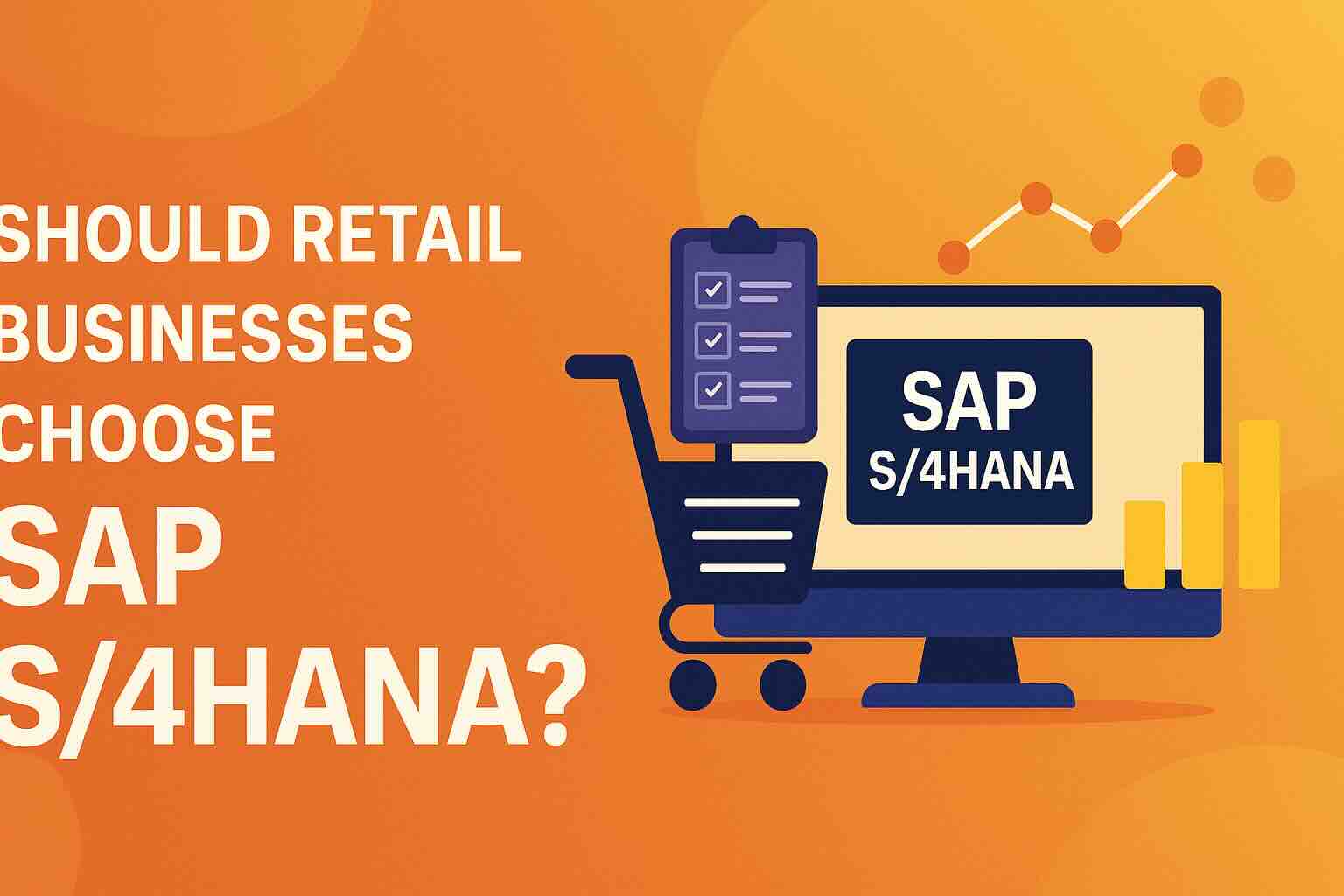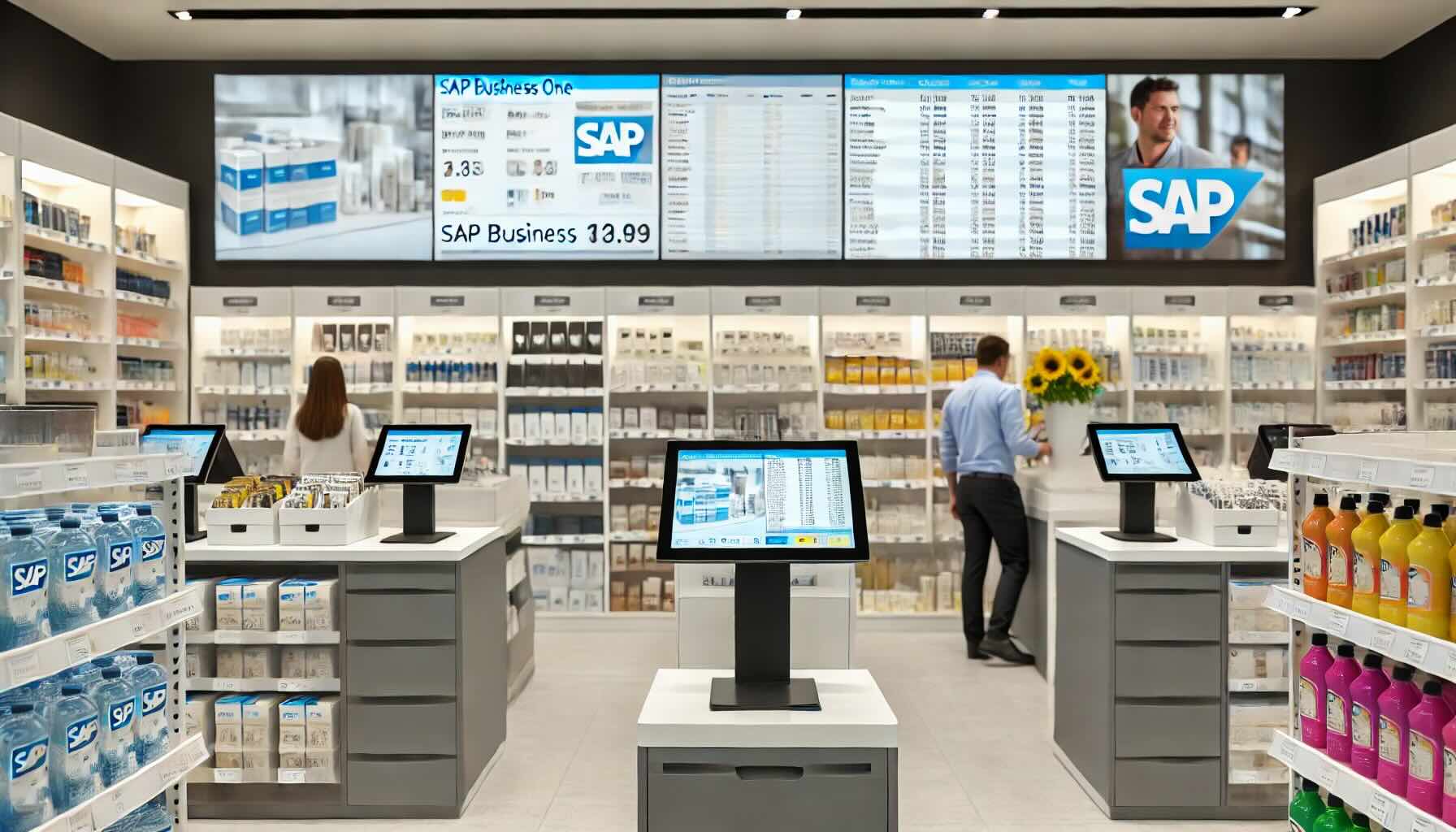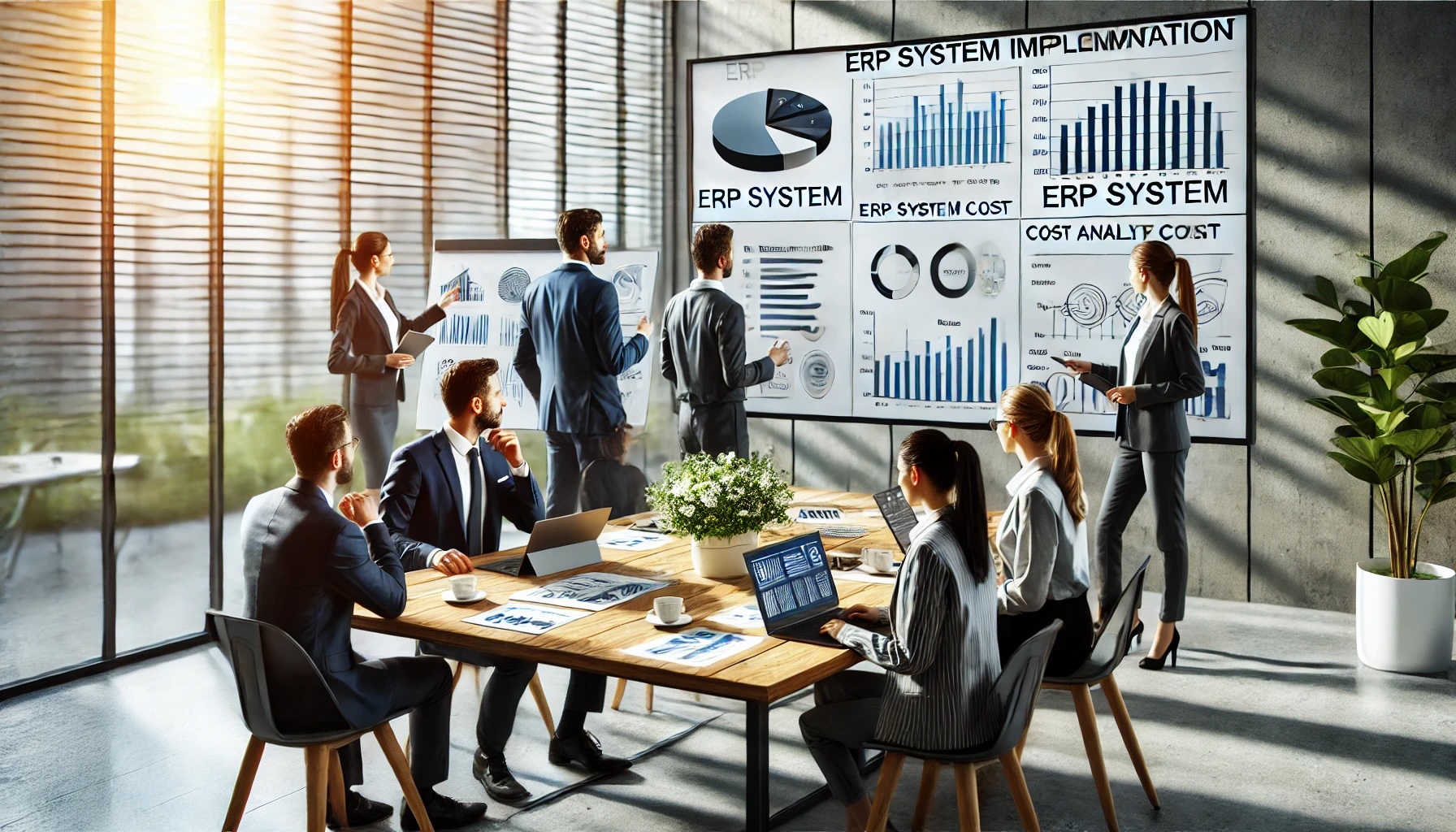ERP System Accounting: Transforming Financial Management for Businesses
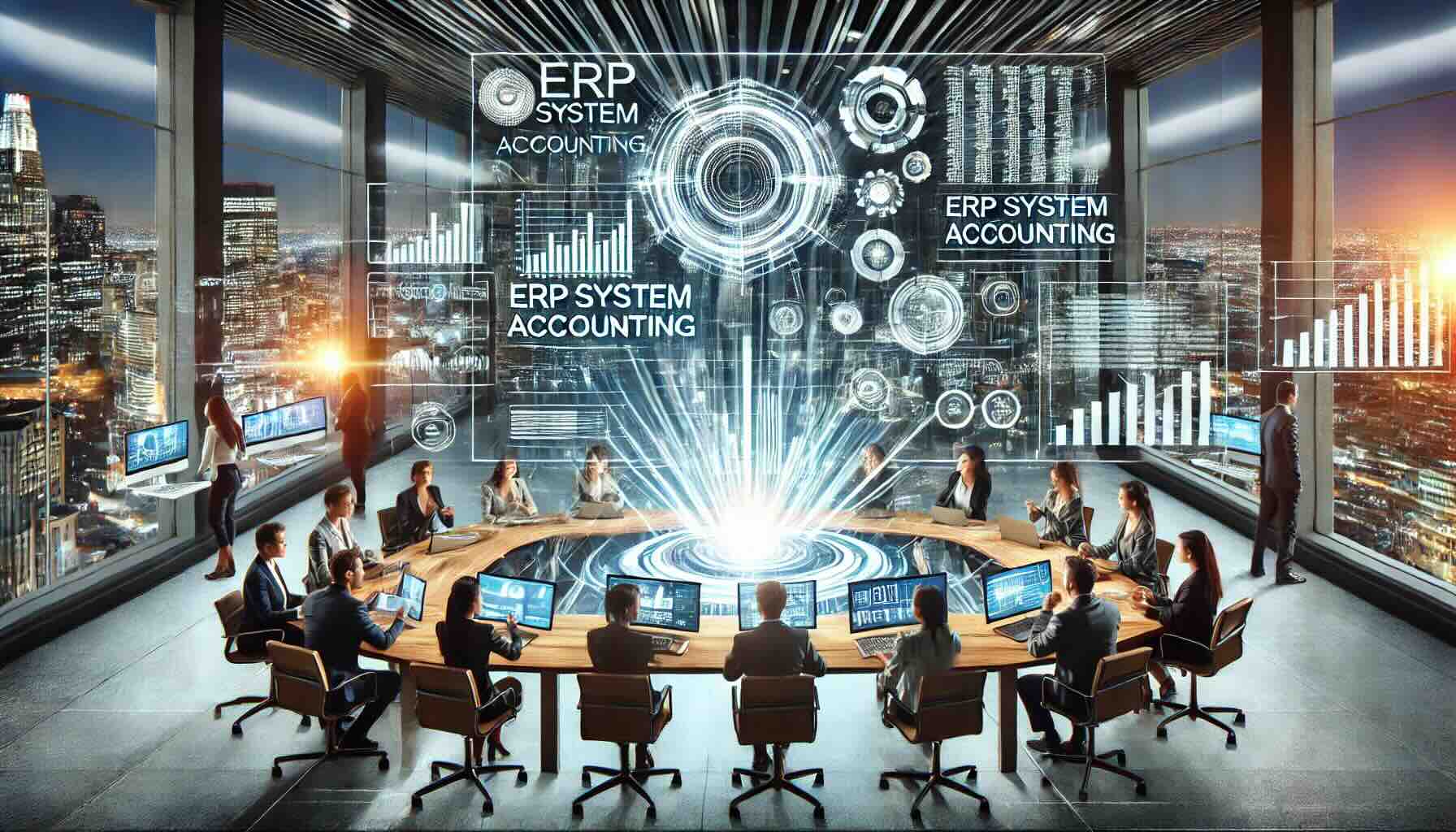
In today’s fast-paced business environment, managing finances efficiently is paramount. Companies often deal with complex transactions, financial planning, and reporting that require precision and accuracy. This is where ERP system accounting comes into play, offering an integrated and streamlined solution for businesses of all sizes.
This article delves into the transformative impact of ERP system accounting, its features, benefits, and why it has become indispensable for modern organizations.
What is ERP System Accounting?
Enterprise Resource Planning (ERP) systems are software platforms that integrate various business processes, including accounting, inventory management, human resources, and customer relationship management. ERP system accounting refers specifically to the financial management module within these systems.
With ERP system accounting, businesses can unify their financial data, streamline workflows, and ensure compliance with regulations. It eliminates manual errors and redundancies, providing a single source of truth for financial operations.
Core Features of ERP System Accounting
- General Ledger (GL) Management
The general ledger is the foundation of accounting in an ERP system. It records all financial transactions, enabling businesses to track income, expenses, assets, and liabilities comprehensively. - Accounts Payable and Receivable
ERP systems simplify the management of payables and receivables by automating invoice processing, payment tracking, and overdue alerts. This ensures timely payments and improved cash flow management. - Bank Reconciliation
Automatic reconciliation of bank statements with accounting records saves time and reduces discrepancies. - Budgeting and Forecasting
Advanced ERP systems offer tools to create budgets, predict cash flows, and perform scenario analyses, helping businesses make data-driven financial decisions. - Tax Management
ERP system accounting modules often include tax compliance features, ensuring that businesses adhere to local and international tax regulations with automated calculations. - Financial Reporting and Analytics
Generate real-time financial statements, such as profit and loss statements, balance sheets, and cash flow reports, with advanced analytics to provide actionable insights.
Benefits of ERP System Accounting
1. Integration Across Departments
ERP systems connect accounting with other business functions like procurement, sales, and inventory. This integration ensures that financial data reflects the company’s overall operations, providing a holistic view of its health.
2. Enhanced Accuracy
Manual accounting processes are prone to errors. ERP systems automate repetitive tasks, reducing inaccuracies and improving data integrity.
3. Real-Time Financial Insights
ERP systems provide real-time updates on financial data, enabling businesses to monitor key performance indicators (KPIs) and make proactive decisions.
4. Scalability
As businesses grow, their financial operations become more complex. ERP systems are scalable, meaning they can accommodate increased transaction volumes and new financial requirements.
5. Regulatory Compliance
Staying compliant with financial regulations is critical for businesses. ERP systems ensure that accounting processes adhere to standards like GAAP, IFRS, or local tax laws.
6. Cost and Time Savings
By automating labor-intensive tasks, ERP systems save time and reduce operational costs, allowing finance teams to focus on strategic activities.
Key Considerations
1. Business Needs and Industry Requirements
Different industries have unique financial challenges. Ensure that the ERP system you choose is tailored to your industry and can handle specific accounting requirements.
2. Ease of Integration
The ERP system should integrate seamlessly with existing tools and processes, minimizing disruptions during implementation.
3. Customization and Scalability
Choose a system that allows customization to fit your current needs and can scale as your business grows.
4. User-Friendliness
A user-friendly interface reduces the learning curve for employees, ensuring smoother adoption.
5. Cloud-Based vs. On-Premises
Cloud-based ERP systems offer flexibility and remote access, while on-premises solutions provide greater control over data. Consider your company’s infrastructure and security needs before deciding.
Top ERP Systems for Accounting
- SAP S/4HANA
Renowned for its robust financial management features, SAP S/4HANA supports complex accounting needs and global operations. - Oracle NetSuite
A cloud-based ERP with powerful accounting tools, NetSuite is ideal for small to mid-sized businesses. - Microsoft Dynamics 365
Offers comprehensive financial management capabilities and integrates seamlessly with other Microsoft products. - QuickBooks Enterprise
Designed for smaller enterprises, QuickBooks provides essential ERP accounting features at a budget-friendly price. - Odoo
An open-source ERP system, Odoo is customizable and caters to businesses looking for flexible accounting solutions.
Future Trends in ERP Accounting
1. AI and Machine Learning
Future ERP systems will leverage AI to automate decision-making, detect anomalies, and enhance predictive analytics.
2. Blockchain Integration
Blockchain technology is set to revolutionize financial transparency and security in ERP systems by enabling tamper-proof transaction records.
3. Mobile Accessibility
With increasing reliance on remote work, mobile-friendly ERP solutions are becoming essential for real-time financial management.
4. Focus on Sustainability
ERP accounting systems are evolving to include features that track sustainability metrics, aligning with the growing emphasis on ESG (Environmental, Social, and Governance) reporting.
Conclusion
ERP system accounting has redefined how businesses manage their finances by integrating processes, enhancing accuracy, and providing actionable insights. With the ability to streamline workflows and ensure compliance, these systems empower organizations to stay competitive in a rapidly evolving market.
Choosing the right ERP system tailored to your needs can be a game-changer, helping your business achieve financial excellence and scalability. As technology advances, ERP systems will continue to evolve, offering even more sophisticated tools for accounting and financial management.
Embrace the power of ERP system accounting and position your business for sustained success.
To compare these ERP accounting systems and many more, you can use our new AI-powered Compare ERP tool. It’s free to use and you get a guaranteed discount on your first year’s licence fees with a referral from Compare ERP.


